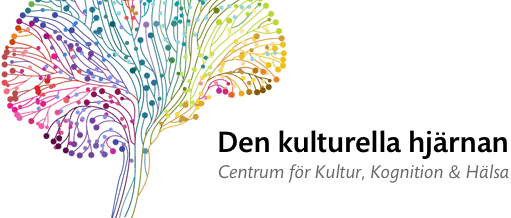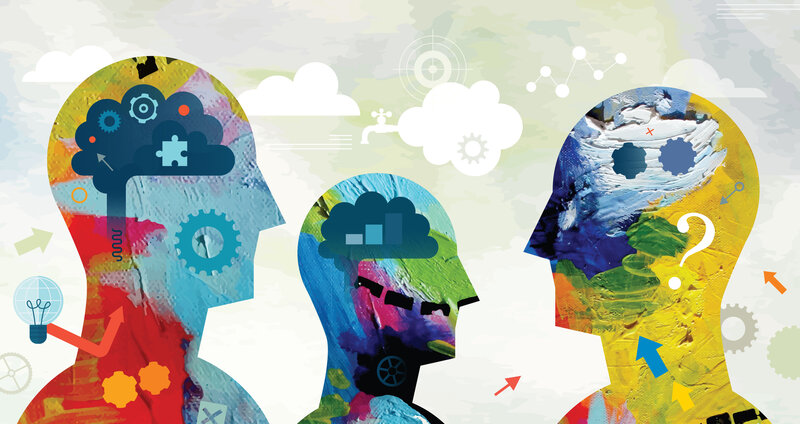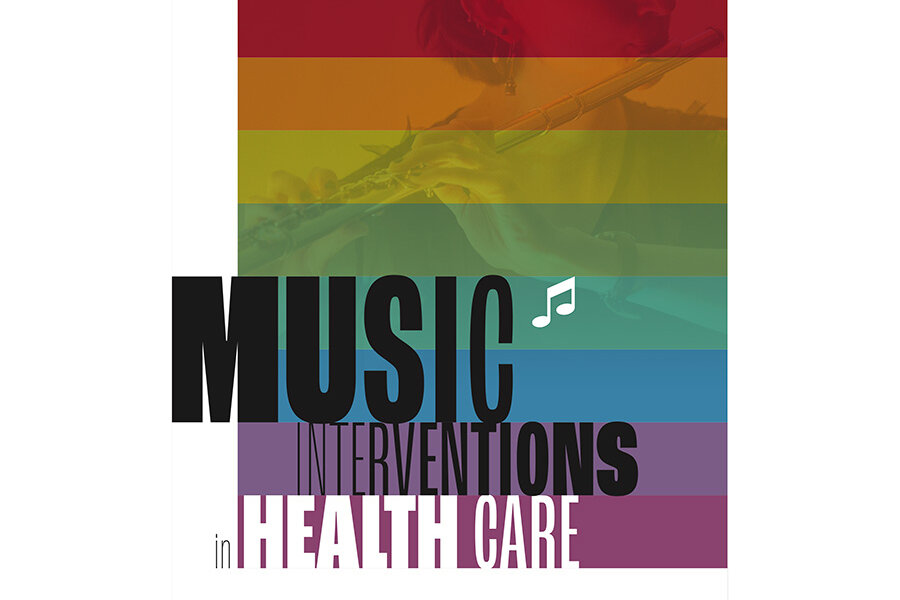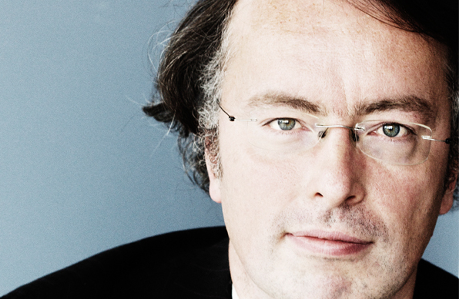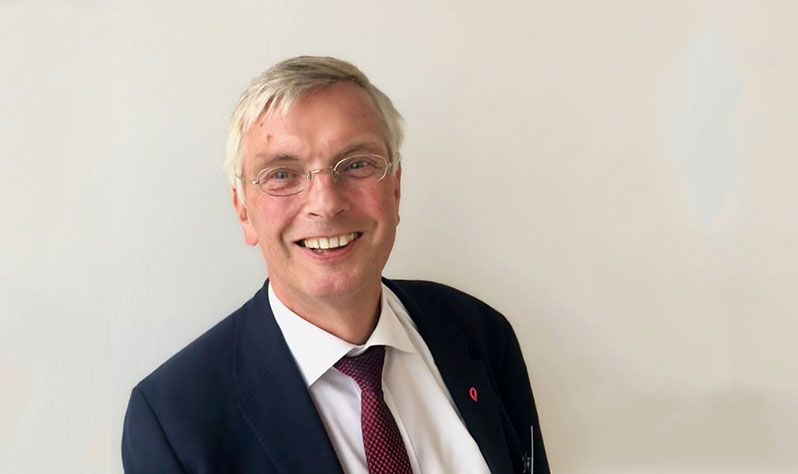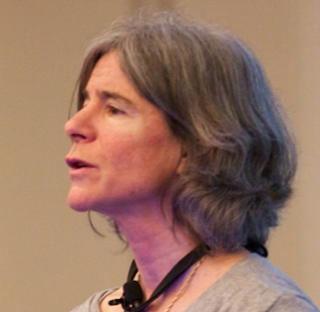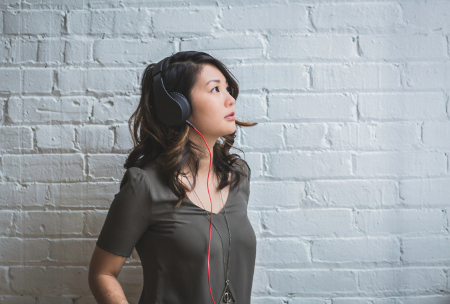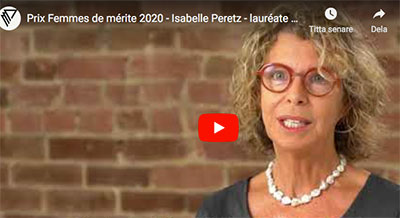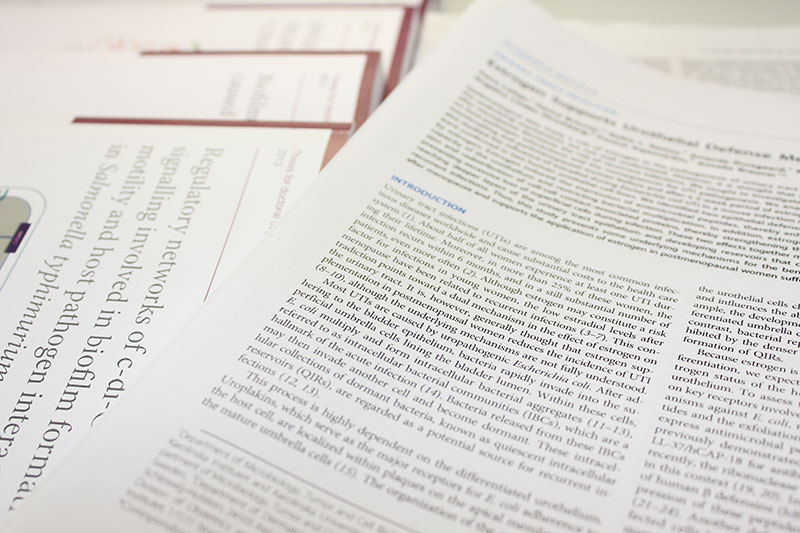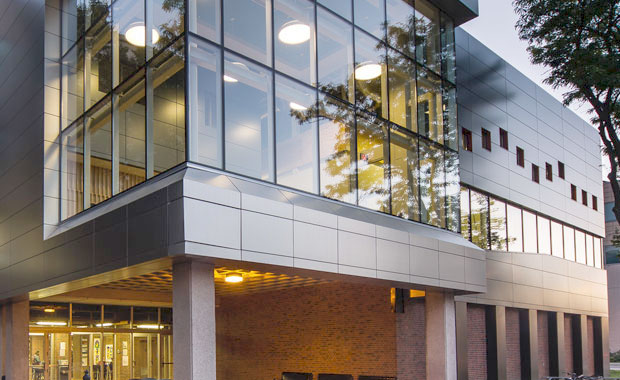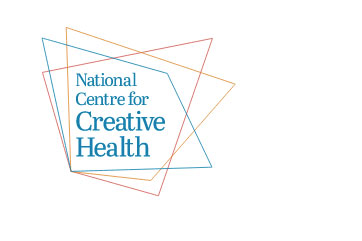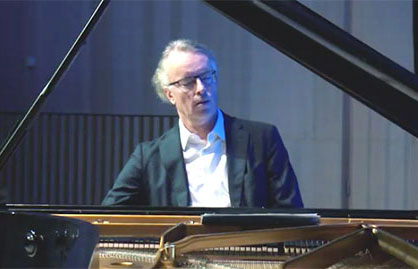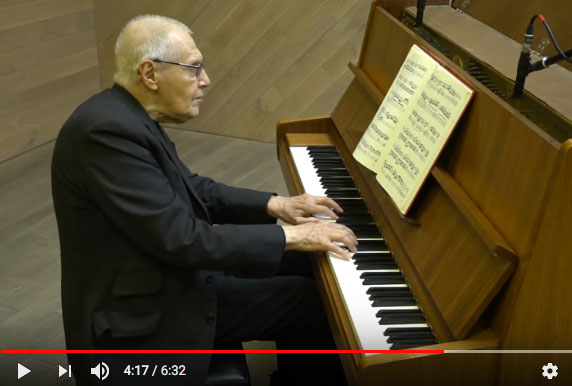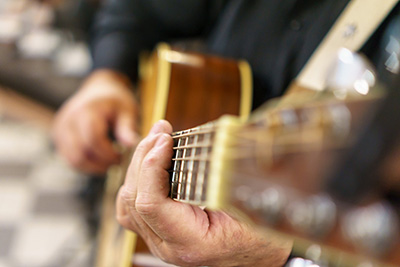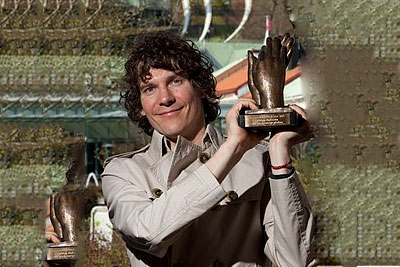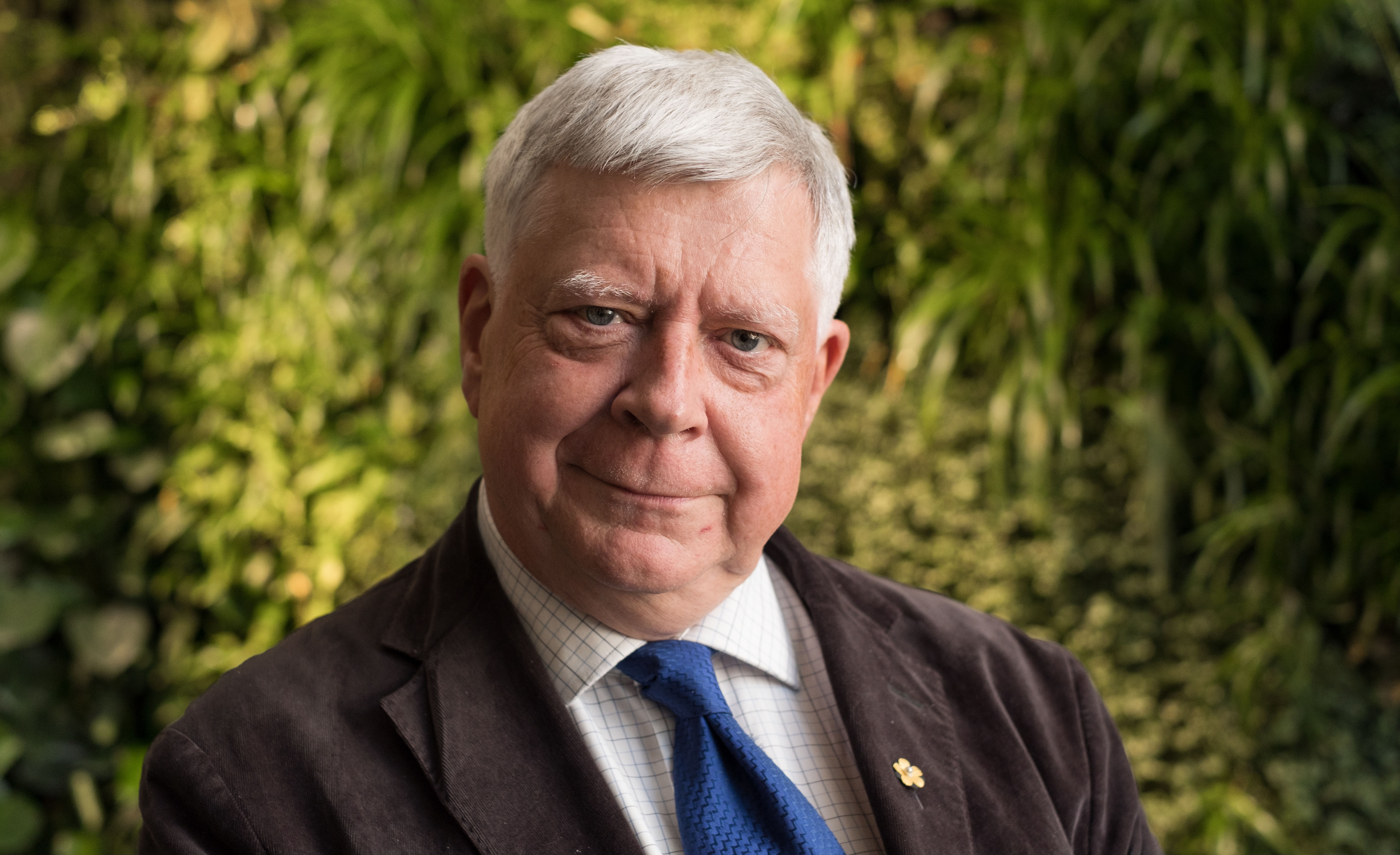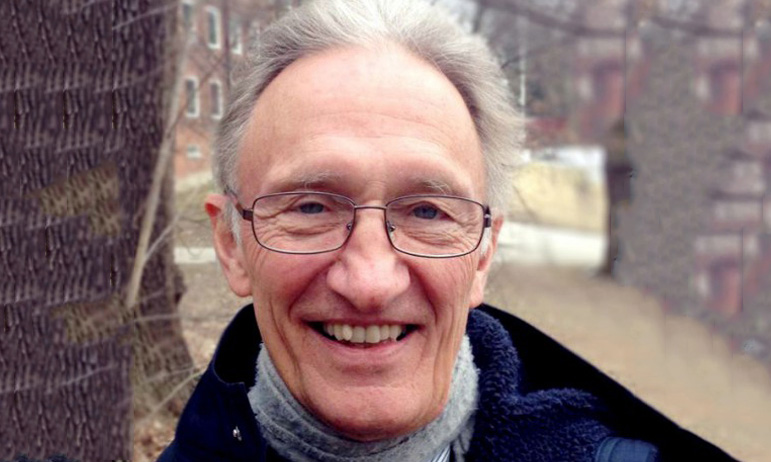A growing body of research is probing art's effects on the brain. DrAfter123/Getty Images To make sense of difficult science, Michael Kofi Esson often turns to art. When he's struggling to understand the immune system or a rare disease, music and poetry serve as an anchor."It helps calm me down and …
Uncategorised
Danish study on music and sleep: here are the best songs to fall asleep to
The sounds we use to drift off "display a large variation including music characterised by high energy and tempo," say researchers at a Danish university. Researchers from Aarhus University analysed over 200,000 songs on Spotify from nearly a thousand playlists associated with helping users to get to sleep. Alongside the expected types …
PhD position and Post Doc positions at the Max Planck Institute for Empirical Aesthetics
The Max Planck Institute for Empirical Aesthetics in Frankfurt am Main, Germany, investigates the attentional, cognitive, and affective mechanisms of aesthetic perception and evaluation. The Department of Cognitive Neuropsychology invites applications for a PhD position fixed term (36 months), salary scale 13 TVöD 65% Headed by Prof. Dr. Fredrik Ullén, the Department of Cognitive …
In focus: Fredrik Ullén at the Max Planck Institute for Empirical Aesthetics
The Max Planck Institute for Empirical Aesthetics is in many ways a unique research institute. A fundamental principal is that the institute should be a creative and interdisciplinary environment where empirical researchers within fields such as neuroscience, psychology and behavioral genetics interact with academics with a relevant background in the …
Interview with Internationally renowned soprano Renee Fleming : How does music affect the mind?
Internationally renowned soprano and Grammy Award winner Renee Fleming is interviewed in The Advocate prior to her presentation "Music and the Mind: Exploring the Intersection of Music, Health and Neuroscience" at Pennington Biomedical Center on Tuesday, May 10. Renee thinks of the human body as an orchestra - made up …
Bilinguals utilize inhibitory control and enhanced subcortical auditory processing in everyday listening situations
There is evidence to suggest that bilingual individuals have enhanced auditory processing and inhibitory control, and this study in Frontiers in Neuroscience by Nina Kraus et al looks at how these cognitive and sensory enhancements are used during real-world listening, comparing the responses of both bilingual and monolingual individuals. During …
Research in focus: Trait Empathy Shapes Neural Responses Toward Sad Music
Individuals with a predisposition to empathize engage with sad music in a compelling way, experiencing overall more pleasurable emotions. However, the neural mechanisms underlying these music-related experiences in empathic individuals are unknown. The present study published in Cognitive, Affective and Behavioral Neuroscience, tested whether dispositional empathy modulates neural responses to …
Mathematical anxiety in focus – an interview with Professor Yulia Kovas
Mathematical anxiety, also known as maths phobia, is anxiety about one's ability to do mathematics. Professor Yulia Kovas from Goldsmiths University, London, discusses the impact of mathematical anxiety with Professor Gunnar Bjursell from The Centre for Culture, Cognition and Health. Yulia Kovacs will be holding a lecture on May 19th …
Isabelle Peretz is awarded the Montreal Women’s Y Foundation’s 27th Women of Distinction Award for Research and Innovation
Isabelle Peretz has been awarded the Montreal Women’s Y Foundation’s 27th Women of Distinction Award for the category Research and Innovation. Among her achievements, she established BRAMS (International Laboratory for BRAin, Music and Sound research) at the Université de Montréal campus in 2005. She was among the first to demonstrate …
How Music Sculpts Our Brain – a new book by Isabelle Peretz
How does the process of learning music impact our brain? To what extent does it foster curiosity, attention and enhance memory? How is it linked with reading, learning languages, or mathematical thinking? Does a child need a musical ear to develop musical ability and make progress in music? Is there …
Introducing LIVELab at the McMaster Institute for Music & the Mind (MIMM)
Located within the McMaster Institute for Music & the Mind (MIMM) in Hamilton, Canada, the LIVELab is a 106 seat research-based performance theatre and testing centre. The LIVELab is committed to developing a world class facility for the scientific study of music, sound, and movement and their importance in human …
The U.K. National Centre for Creative Health is launched
A new centre, which aims to promote creativity for healthy lives, has just been launched in the United Kingdom. The National Centre for Creative Health was formed as a result of the U.K. government’s Creative Health report, which stresses the importance of the arts on health and well being. Research shows …
Fredrik Ullén on Sorabji and science
The last volume of Fredrik Ullén's recording of Sorabji's 100 Transcendental Studies for piano has just been released: almost 8 and half hours of hypercomplex piano music by one of the most interesting, creative and enigmatic composers of the 20th century. Fredrik talks about the project and relations between music …
Grant for 5.6 million SEK from The Swedish Research Council
Fredrik Ullén's group at the Centre for Culture Cognition and Health have received a grant for 5.6 million SEK from The Swedish Research Council for research about learning processes, using piano playing as a model. The project is in collaboration with Martin Lövdén at the centre, colleagues at the Max …
Grant for 1.2 M SEK from Hjärnfonden
Fredrik Ullén's group in The Centre for Culture, Cognition and Health has received a grant from Hjärnfonden for research relating to neural markers for learning, where a piano melody is used as a model to understand how the brain learns new skills. Hjärnfonden’s support is especially appreciated during a time …
Take part in our new study: Cultural Activities and Psychological Well-Being During the COVID-19 Pandemic
This project aims to discover how our participation in cultural and leisure activities has changed during the COVID-19 pandemic. We also want to investigate the importance of such participation for psychological well-being during the pandemic. The project is an anonymous online survey and everyone over 18 years old is welcome …
Gunnar Bjursell writes the intro lyrics to Håkan Hellström’s song “Bit dig i läppen”
Photo: Wikipedia Pop singer Håkan Hellström has chosen to use an introduction written by Gunnar Bjursell from the Centre for Culture, Cognition and Health in his song “Bit dig i läppen”. The introduction is about the healing power of music. Håkan has expressed an interest in the work carried out by …
Music and Mind Live: Renée Fleming interviewed online in a new series from the Kennedy Centre
Photo: Wikipedia Renée Fleming, who recently received the Isadore Rosenfelt advocacy Award, is one of the experts in music and health featured in an interview by Dr. Vivek Murthy in a new online series from the Kennedy Center. It is important that dialogue and culture is kept alive during the Corona virus …
Using a cappella to explain speech and music specialization
A recent study suggests humans have developed complementary neural systems in each hemisphere for auditory stimuli. Speech and music are two fundamentally human activities that are decoded in different brain hemispheres. The study used a unique approach to reveal why this specialization exists. Researchers at The Neuro (Montreal Neurological Institute-Hospital) of …
Postponed: Sickness in Art, Science and Music – an evening at Thielska Art Gallery
The Centre for Culture, Cognition and Health's evening in collaboration with Thielska Gallery entitled Sickness in Art, Science and Music, exhibited with the gallery's Edvard Munch collection has regrettably been postponed. This is unfortunate, but we are hoping to hold this event at a later date so please check this …
An Interview with Ingemar Ernberg
The cultural brain initiative will quell the traditional mistrust that exists between scientist and humanists, says Ingemar Ernberg, chairman of the Cultural Council at Karolinska Institutet. Read this interview by Håkan Lindgren in Swedish on the link below. Interview with Ingemar Ernberg (in Swedish)

